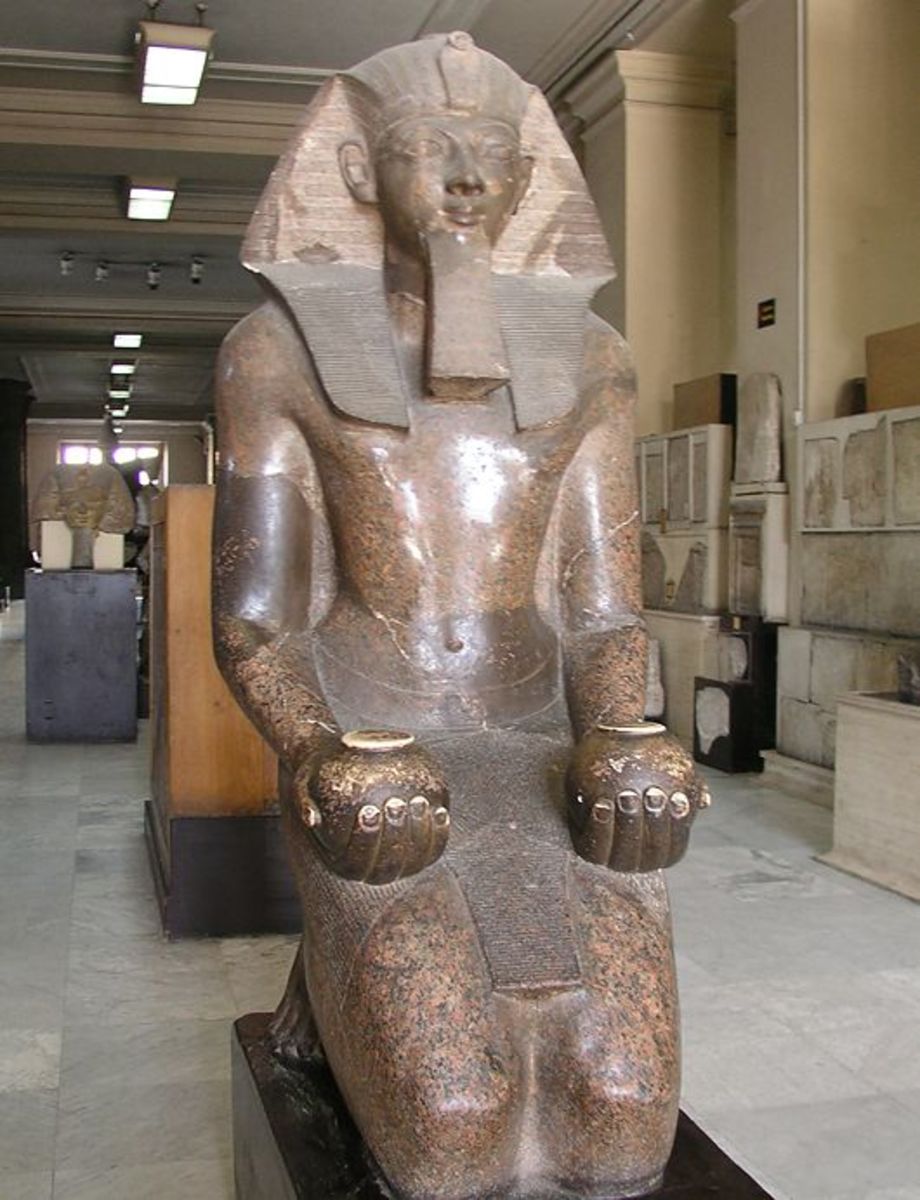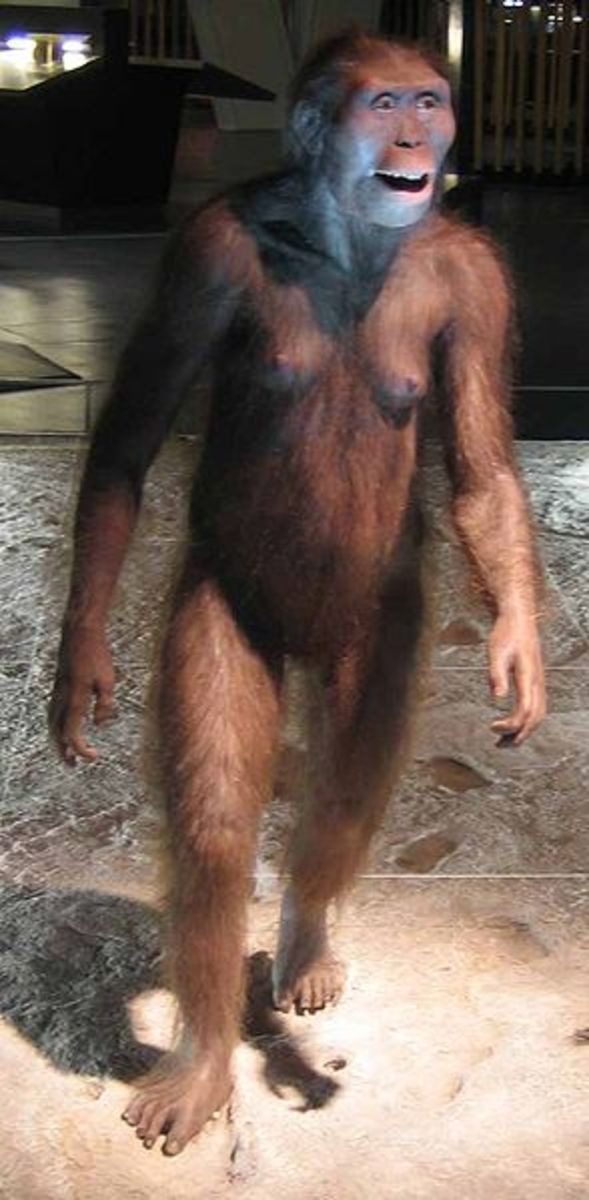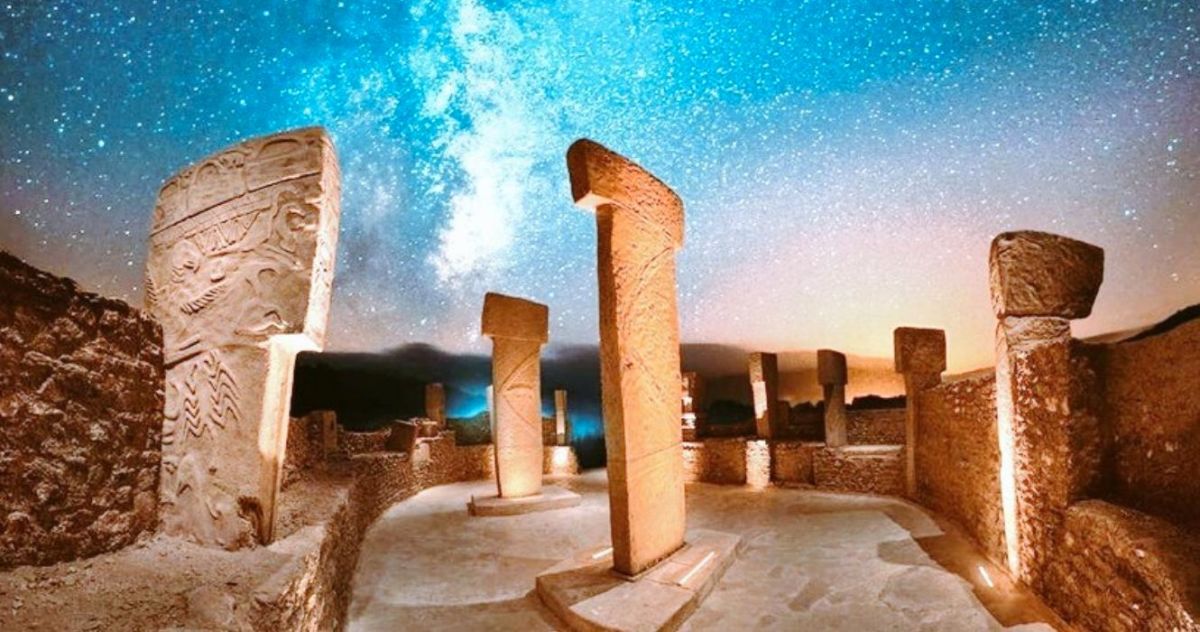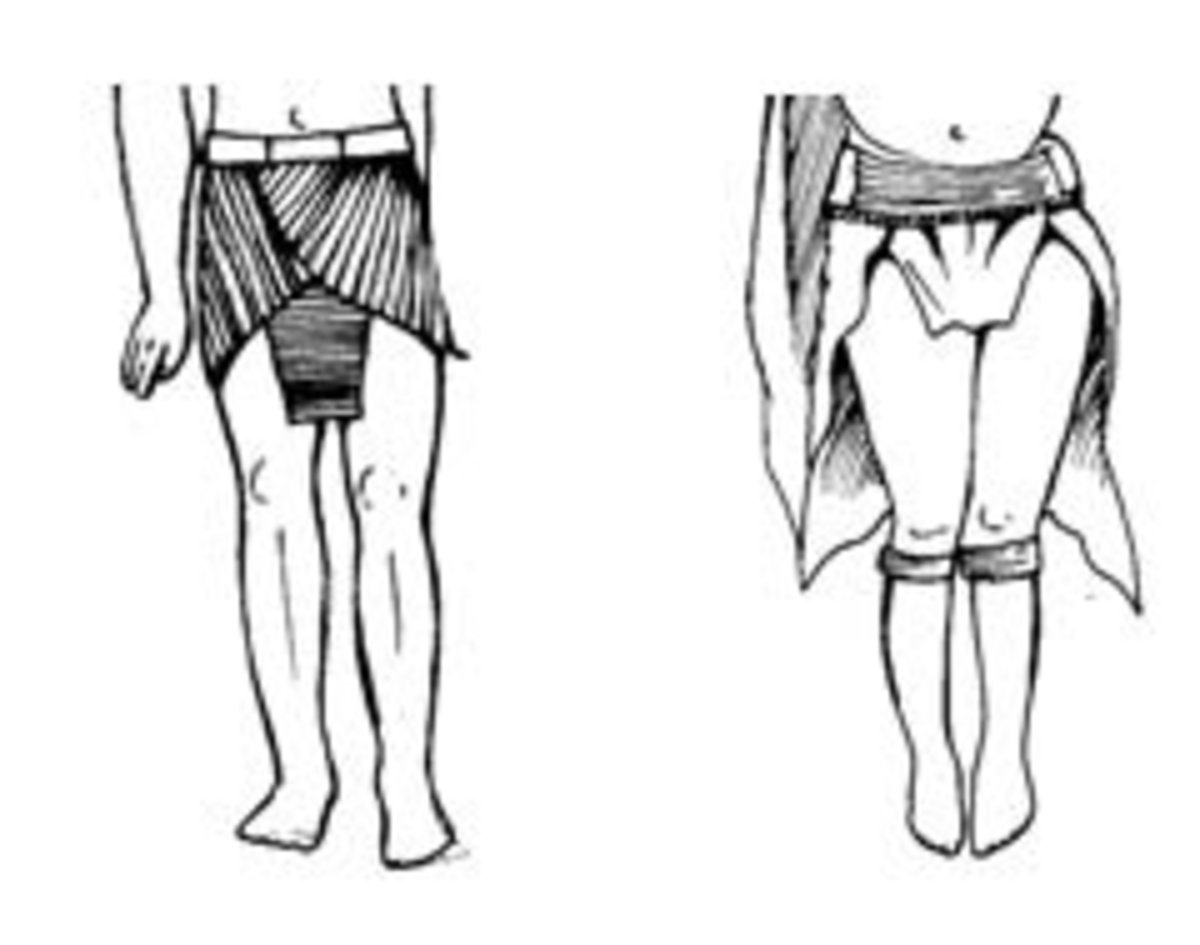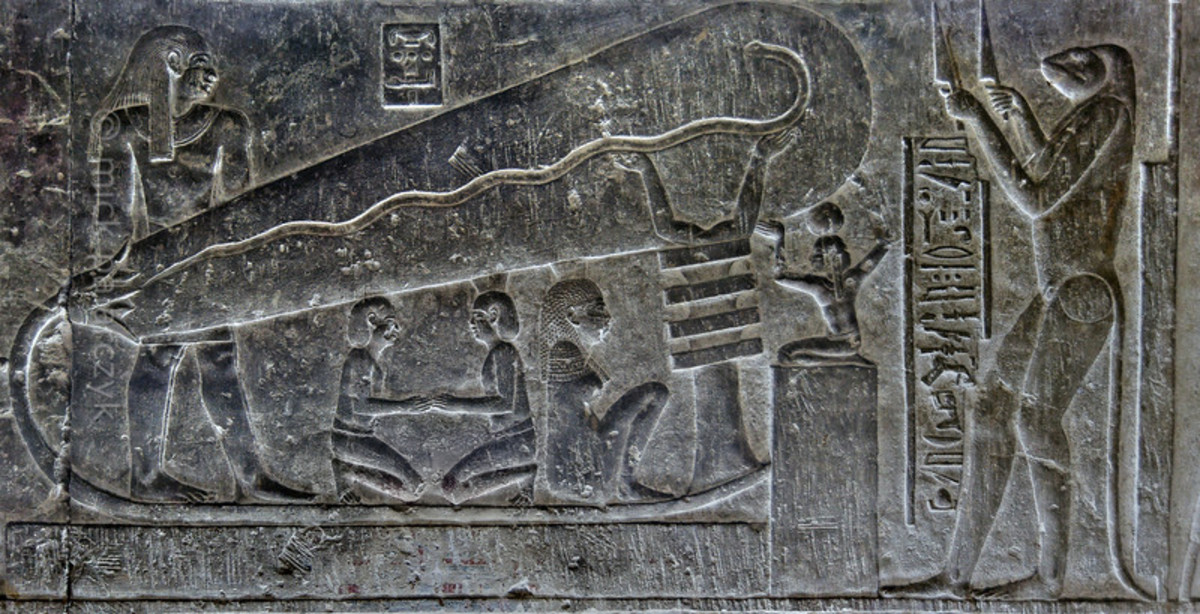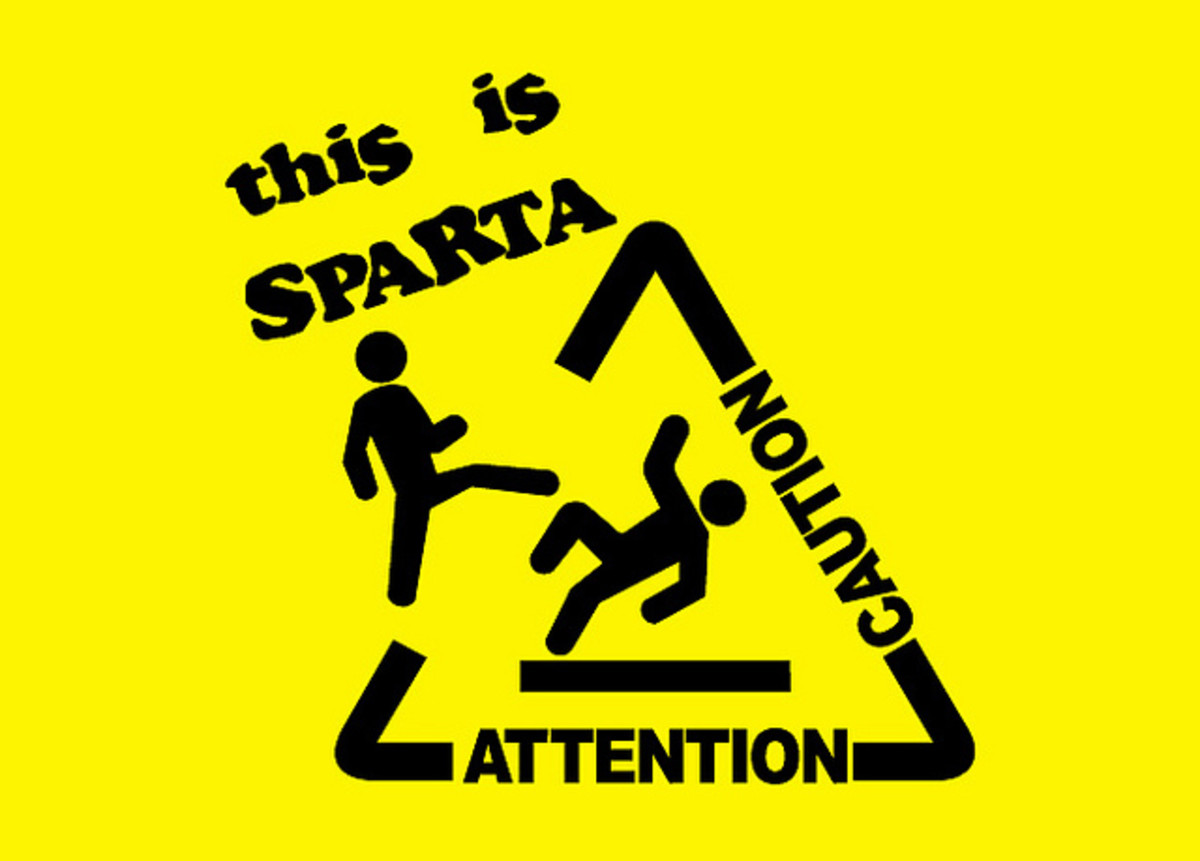The Fall of the Kingdom of Atlantis: Envisioning a Lost Civilization in an Upper Paleolithic Context.
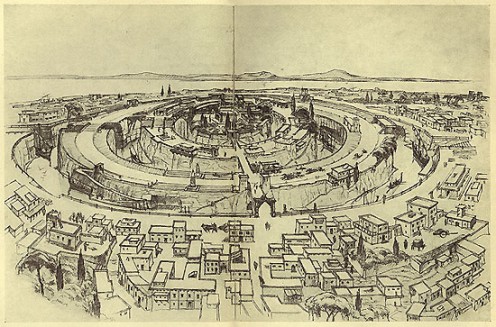
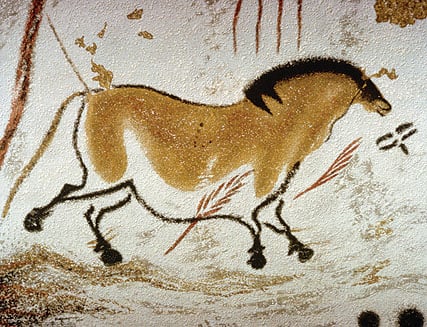
In the previous article Uncovering Atlantis: Evidence of a lost chapter in human history, we looked at how common themes in legends and foundational myths of various cultures seem to point to a common root culture much older than anything recognized today.
In this article we will expand on the premise of a lost ancient civilization, and explore whether it is possible at all to fit the possibility of a kingdom of Atlantis into our current understanding of our pre-history.
The Neolithic Revolution
The first step we will take toward seeing whether or not the concept of an Atlantis can find some sort of continuity and congruence with our current orthodox view of human history is to first explore the conventional understanding of the inception and subsequent flourishing of human civilization.
This of course brings us to a very pivotal point in our history called the 'Neolithic Revolution' (also referred to as the 'Agrarian Revolution).
It is during this time that human beings shifted from a largely nomadic hunter gatherer lifestyle, to a more sedentary agrarian existence. This shift led to a series of important changes in not only how we lived, but also how we interacted with each other.
It is believed to have happened over a long period of time and to have happened independently in different times at different places, with the earliest dating back around ten thousand years.
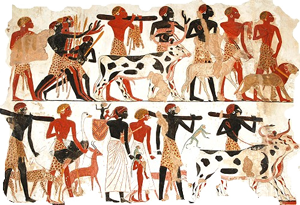
No one knows with absolute certainty how and why the Neolithic Revolution took root, as there are examples of the basic concepts of seed planting and harvesting on a smaller and less organized scale a few thousands years before more organized agricultural industries began to flourish.
However it began, once human beings made the shift from hunter gatherer to an agricultural society there were several repercussions to this that still largely affect society and our life as we know it today.
The first is that it led to a net increase in the food production capacity, as well as more stable and reliable food production, in a community which allowed for not only a significant upswing in population size but also the creation of an economy by which surplus grain etc. could be traded or bartered for other items.
Also, a combination of a need for storage and protection of harvested grains, along with the simple fact that being sedentary allowed it, led to an increase in building with a trend towards built up and more durable permanent structures.
Because there were more people, essentially working with more stuff but in a more defined area then had been previously, a new set of social divisions and conventions began to evolve as things such as laws became necessary and concepts such as property and taxation and social class began to take hold, the beginning of the complexities of modern social order.
Now if all of these events are true, does this not then signify the dawn of civilization and preclude a more ancient 'Atlantis' civilization?
Amazingly, as we are about to explore, perhaps not so at all.
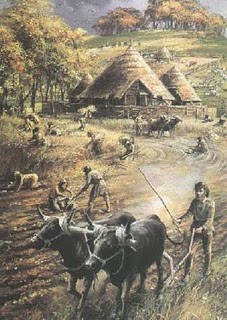
If the transition from hunter gatherer to agrarian and hence civilized society took place during and because of the Neolithic Revolution, and if that happened no earlier than ten thousand years ago, would not any human society before agriculture be, by definition considered primitive?
At face value the answer to this question would be a yes. There are, however several factors to consider that present a strong rational possibility for the existence of a much older civilization that predates the inception of our current modern thread of human development.
Let us first review some of what is already largely agreed upon.
- Human being were planting seeds a few thousand years before actual organized farming and agriculture took hold
- Robust and predictable food supplies in a defined area will lead to increased population growth and encourage sedentism.
- Human communities regardless of how they are organized will tend to have their highest densities at or near water.
- The dissemination of the agricultural lifestyle was slow and uneven, not all communities were willing or able to adopt it.
So now let us look at how and where our Atlantis culture fits in.
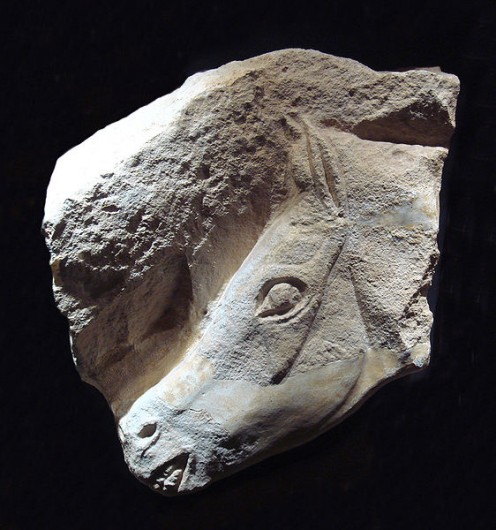
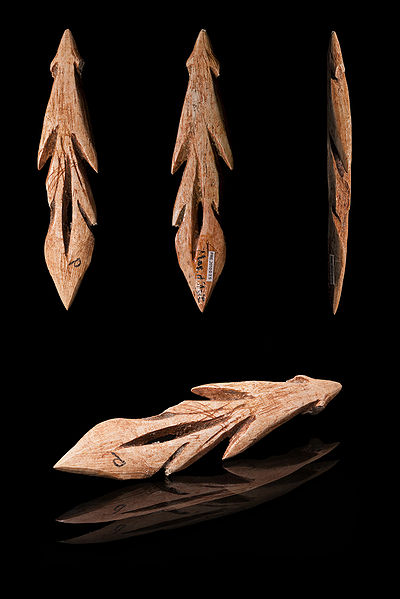
As we will see while there is no absolute proof, there is still a rather compelling argument for a civilization at least as advanced as that which flourished in Sumeria, but which took place thousands of years prior in built up and permanent coastal communities.
The first question you might ask is if such a civilization existed would we not find material evidence of them, as we do with the stuff that we know existed?
Perhaps, if not for the fact that the end of the last ice age led to some dramatic changes in the earth, including as many such as author and historical investigator Graham Hancock like to point out, that vast amounts of coastline disappeared underwater as content covering ice sheets that were literally kilometers thick began to melt in a relatively short period of time.
In total an area of about twenty five million square kilometers was swallowed up.
This is an extremely large amount of land, all exactly in places where we would expect to find concentrations of human beings.
So then, while we may agree that there would be human beings there, why are we to assume they are any more or less advanced than their inland contemporaries, and why would the inland human communities not share the same advances?
To answer this question, we must first look at our own modern world, and see that all societies, while all equally in the here and now all choose to, or are forced to follow a fairly wide range of social organizations, from the continuation to this day of the hunter gather lifestyle to sprawling huge modern metropolises.
All of this in our modern milieu of the communication age which makes us the most connected and interconnected people in world history. As we have seen, even the Neolithic revolution took a long time to spread. A society that had a sudden and dramatic surge in development in relation to other human communities could also very well have viewed itself as different, apart and likely even superior. The civilized people as opposed to the wild men and barbarians as it were.
So then just how did this Atlantean society come to be and how and why did it become advanced?

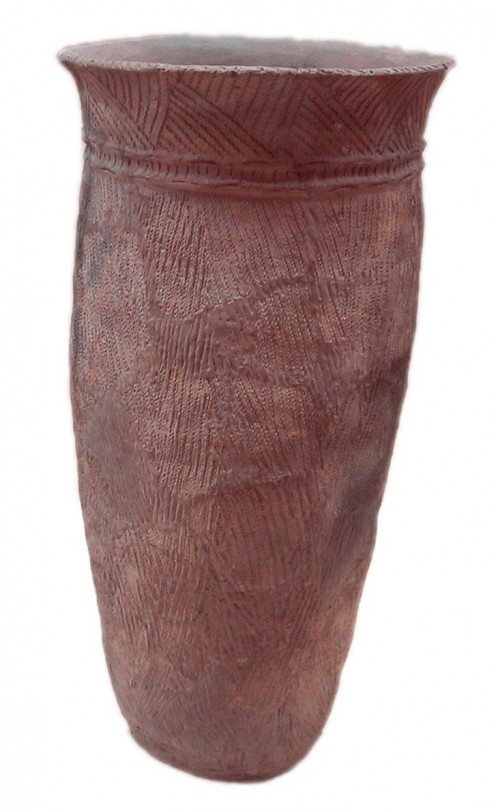
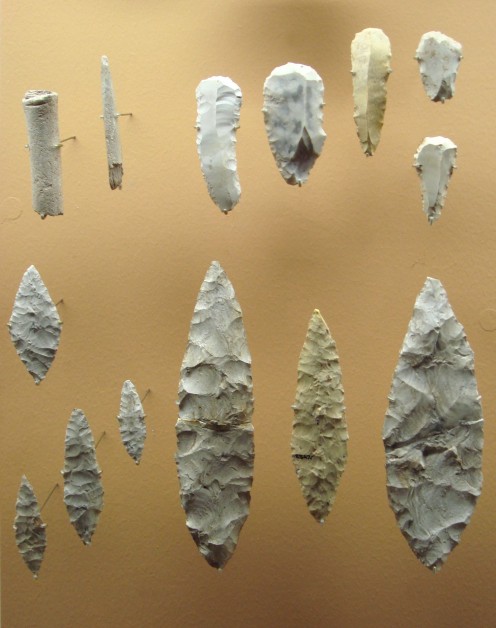
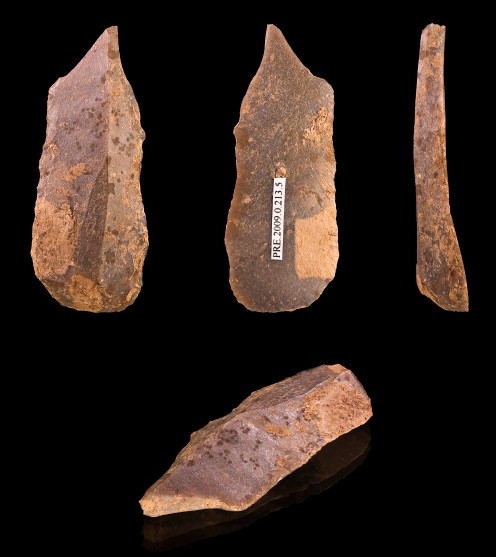
The first clue to this is to look at what preceded the Neolithic Revolution. There we see a gap of a few thousand years between demonstrating an understanding of how to plant and grow seeds to the actual onset of agriculture. From the onset of agriculture it is a mere ten thousand more years to human beings walking on the moon.
What would have happened if human beings had instead of a few thousand years to go from 'planting a few seeds' today, they had forty thousand years?
Well that is exactly what could have happened, but it wasn't likely with agriculture.
While the proto-agriculture is a stretch to make fourteen thousand years, the practice of fishing can be traced back as far as forty thousand years.
Granted fishing is often understood to be incorporated into the hunter gather subsistence lifestyle, but if human beings can go from learning how to plant seeds to farming in a few thousand years, then it is surely not impossible to imagine establishing some sort of larger scale fishery industry within forty thousand.
There is also the factor that while fishing techniques would need to develop, the fish and other seafood would already be there, essentially to be harvested. The fish stock already being their would provide a natural impetus to drive the technology to increase the scale of the fisheries.
As long as they controlled the coasts (and likely built fortifications to ensure they did) they would have had a robust and reliable food source, which while still technically speaking hunting and gathering could produce a high enough output of food production from a sufficiently concentrated area to have the same effect as the Neolithic Revolution in terms of population growth and the build up of sedentary communities. Quite likely setting many of the same social forces in motion.
All to be lost to the rising seas as the massive ice sheets melted. If evidence of this civilization is to be found, then it will be in the oceans where once coastlines existed and will not be easy to recover.
There is also the argument that the raising of the sea level happened over too long a period of time to have been responsible for wiping a people of the face of the earth.
While this is true, these people would not have had the benefits of modern science to warn them, and surely there would have been an influence of the melt-water on sea temperatures and relative salinity that would have placed a strain on the marine ecosystems that their large population depended upon.
It is not likely that the world beyond their cities was one that was friendly to them. Perhaps the Atlantean's despite having drastically reduced fish stocks to feed a large population had become to civilized to survive outside their cities and remained in the vain hopes of finding a solution to hold back the sea? This of course is only conjecture, but it is not beyond the realm of the rational.
One could even argue for a cultural impact of the Atlantean civilization on other human societies. While interaction with other human groups would have been limited and likely more competitive and adversarial than cooperative, there is a pronounced leap from the Gravettian culture starting with an increased output of microlithic tools of the Solutrean onward to the much finer craftsmanship and artistic sensibilities and sophistication of the Magdalenian culture, as well as the pottery of the Jomon people.
This would not have been a direct and open exchange of ideas between the Atlantean civilization and their pre-agrarian inland contemporaries, but rather the results of infrequent interaction and certain amounts of emulation.
There is also a case maybe to be made for a greater influence of Atlantean culture, ironically long after their civilization had fallen.
That, however is a topic for an other article and an other day.

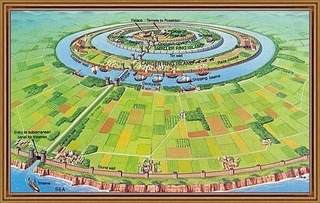
Conclusions
If there are traces of a lost civilization to be found beneath the waves off of our coasts, they will not be easy to find.
Marine archaeology is expensive and time consuming and with a limited number of people doing it .
There will likely be no proof and no answers until they look, but where exactly should they look? There is a lot of coastline to explore.
For that matter is there a reasonable enough expectation that they will even find anything there to help us better understand the human story?
It is the purpose of this article to argue the case that yes, yes there is very much reason to suspect this ancient civilization existed.
Not proof, but rather rational reasons why our lost Atlantis could and likely would have existed, and to stimulate fair and open minded debate on the topic.
Much of the arguments here are derived from the work of Graham Hancock, who may or may not have answers, but does ask really really good questions about our ancient past.
Official Graham Hancock Website
I would also ask that if you have enjoyed this article and think that the ideas are worth sharing (or worth disputing for that matter) please share it freely. I am no academic, but did put a fair bit of thought and work into this and it would be a shame to have it read by only a relative handful of people.
I also love getting comments and feedback!

